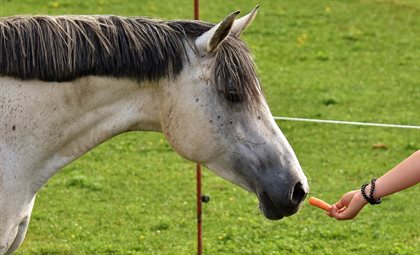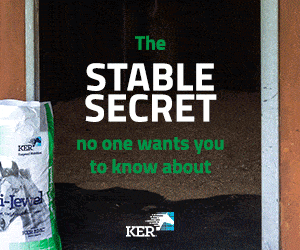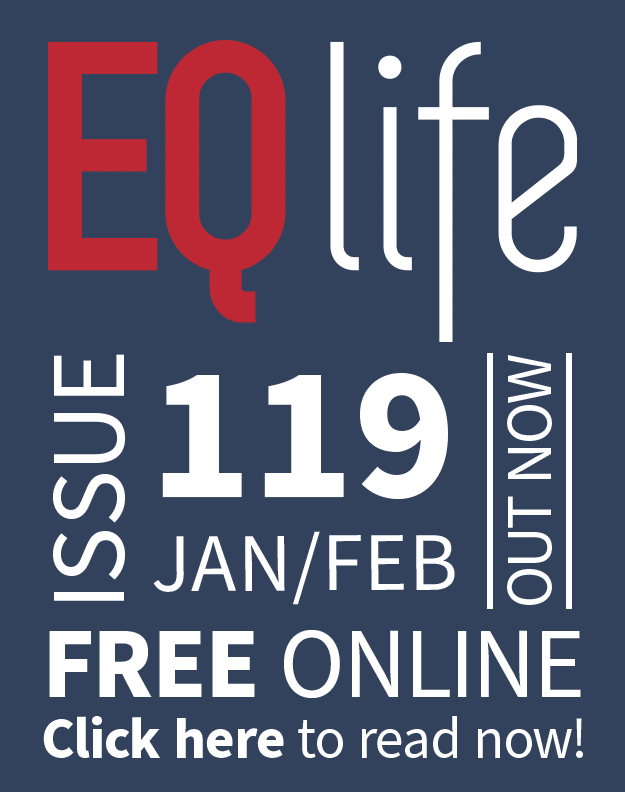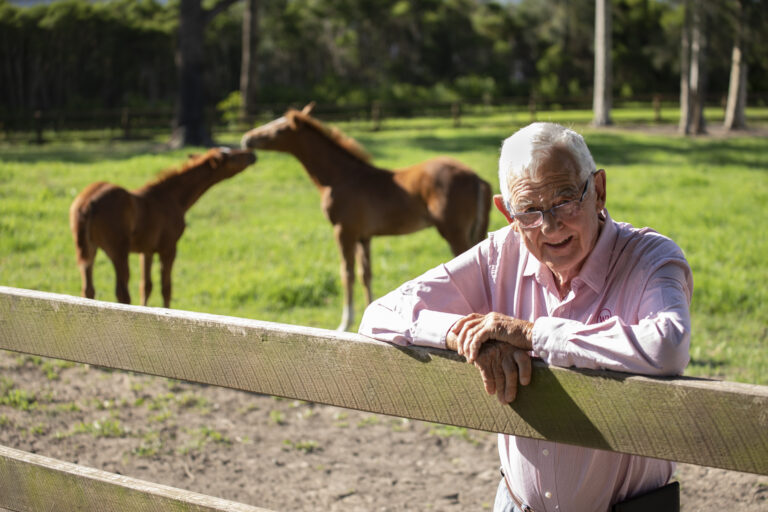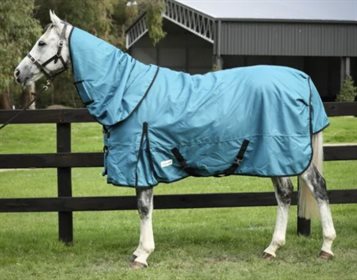This article has appeared previously with Equestrian Life. To see what’s in our latest digital issue, click here.
What can be done to encourage our pickiest to eat, and how do we keep them in condition over winter?
At this time of year I am frequently asked about horses that are losing weight and appearing to be fussy with their food. What can be done to encourage our pickiest to eat, and how do we keep them in condition over winter?
BY DAVID NASH
AS WE MOVE into winter we need to prepare our older horses to maintain their health and condition to come into spring in a healthy way. This preparation needs to combine both nutrition and management, especially if we have a fussy eater.
To determine where our older horse is condition-wise, we need to assess its condition score and weight. There are numerous condition score charts online with example pictures to assist you in determining what condition score your horse is. I would suggest that we want our horse going into winter in good to moderately fleshy condition if they are healthy, with light to moderate activity. For an older thoroughbred it is generally easier to reduce their weight than to gain weight and condition.
Protection from the elements is important for older horses. Whilst it does not get as cold as parts of North America or Europe, when combined with wind and rain horses in Australia can require up to 10%-20% of additional energy trying to keep themselves warm. Some simple solutions are to provide shelter away from wind and rain, as well as waterproof rugs. Remember, if you do rug your horses make sure you regularly check their condition and that the rugs are not rubbing them.
Horses are herd animals and some will fret when separated from the herd. They will commonly lose their appetite and not consume enough feed to maintain their condition. If you have such a horse make sure they are in a paddock with a friend or there is another horse in the adjoining paddock.
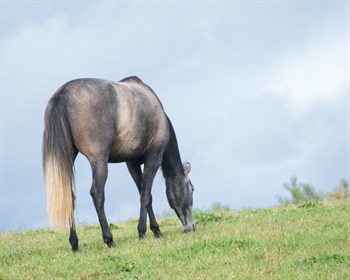
If a horse is lonely in its paddock, fretting for a friend, it will often loose condition.
Ensuring your horse’s teeth are in good shape is also important coming into winter, as the correct chewing of feed initiates the digestive process. If a horse does not chew feed correctly because of poor dentition, it may result in reduced intake, digestibility and, as a result, a drop in condition. Also, when the dentist is looking at your horse’s mouth, they may find ulcers or problem teeth that may affect your horse’s desire to want to consume their feed.
Feeding a fussy eater during winter can be quite frustrating. When the weather turns, a horse’s thirst and appetite will decrease, resulting in less feed and water being consumed which can result in a drop in condition and increase the risk of colic-related symptoms.
If you are currently feeding your horse, continue to monitor your horse’s condition and adjust the diet accordingly. Consult your nutritionist to ensure the diet is maintained. If you generally are not feeding your horse and are relying on pasture or hay for the majority of your horse’s feed intake, I would suggest finding a suitable feed prior to the onset of winter. If they are a fussy eater, try a few different feeds to find the one most palatable to your horse. This may mean trying pellets, sweet feeds or extruded nuggets. When selecting this feed make sure you are supplying a balanced ration. Don’t feed a feed at 1kg/day when the feed is designed to be fed to a high-performance horse at 6kg/ day.
Maintaining your horse’s weight over winter involves balancing nutrition and management.
Trying different roughage sources, such a grass, oaten or lucerne hay, may be worth considering. If an older horse has poor dentition I would suggest a softer hay, which is also a more digestible fibre source.
To increase your horse’s calorie intake without increasing the size of their feed too much, I would suggest adding a vegetable oil such as canola oil. Vegetable oils are quite energy-dense; as an example, one cup of oil can be of a similar energy level as one kilogram of oats. Also, quality vegetable oils are quite palatable to horses when added at these levels.
If you make it halfway through winter and your horse is not wanting to eat all or enough feed, there are some tricks to try. Molasses is a sweetener, and while too much sugar is not ideal, a small amount mixed with warm water and mixed through their feed will improved its palatability. Also, many horses like a warm mash, so adding some warm water to their diet may increase its palatability. If you do this, ensure that if your horse does not eat all of this feed, I would remove it, as we do not want the feed sitting in the feeder for too long. There are also some natural extracts such as gamma oryzanol extracted from rice bran that have been shown to increase appetite in a horse. When considering some of these natural products please ensure they are compliant with the relevant authorities if you are competing with your horse over winter.
When looking to ensure your fussy older horse keeps eating and maintains condition over winter, be prepared to be flexible and keep a close eye on its condition. If you make changes to your horse’s diet, consult your nutritionist to ensure your horse’s diet will meet their nutritional requirements and remains balanced.
READ THE LATEST NEWS ARTICLES HERE

